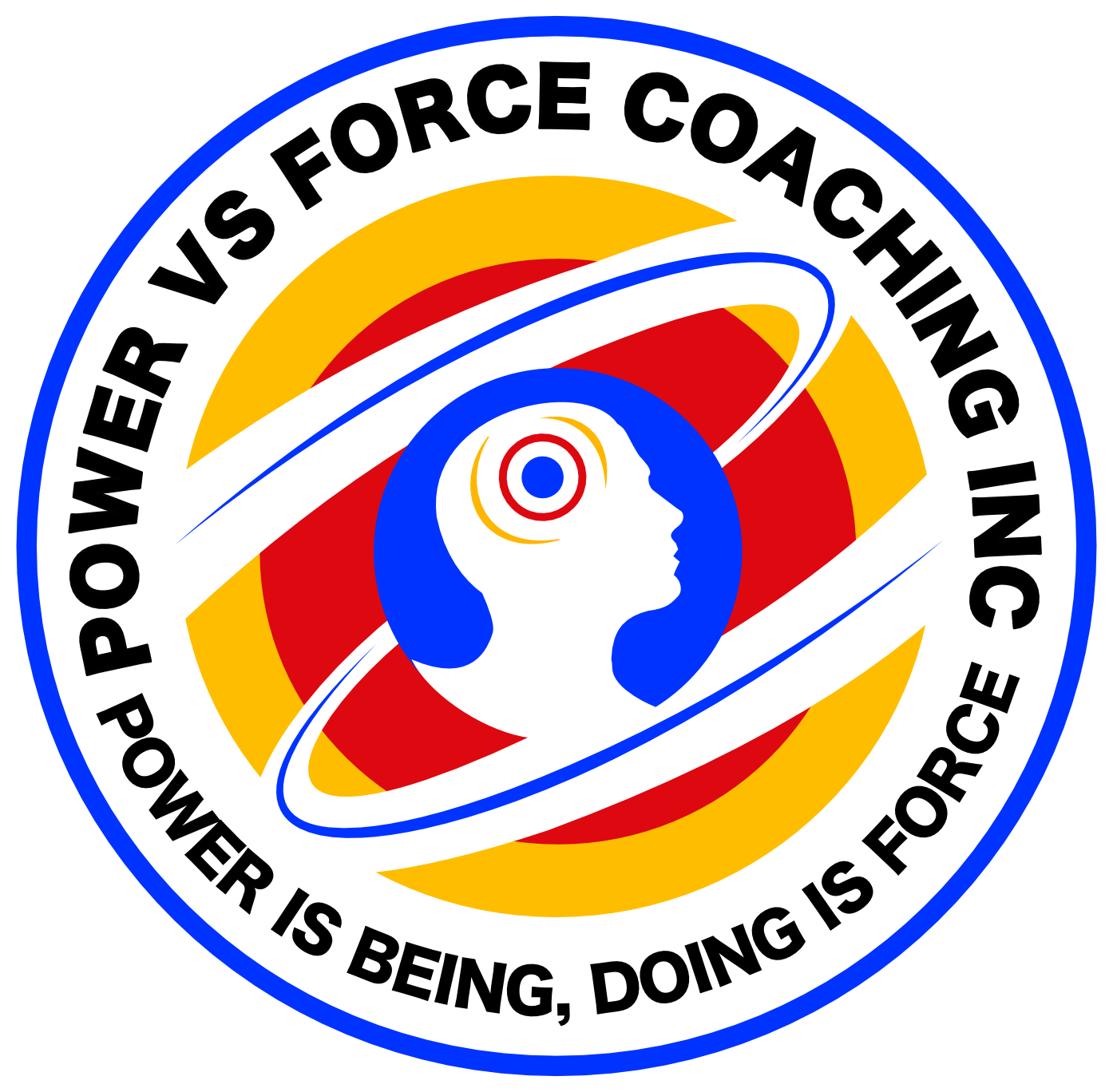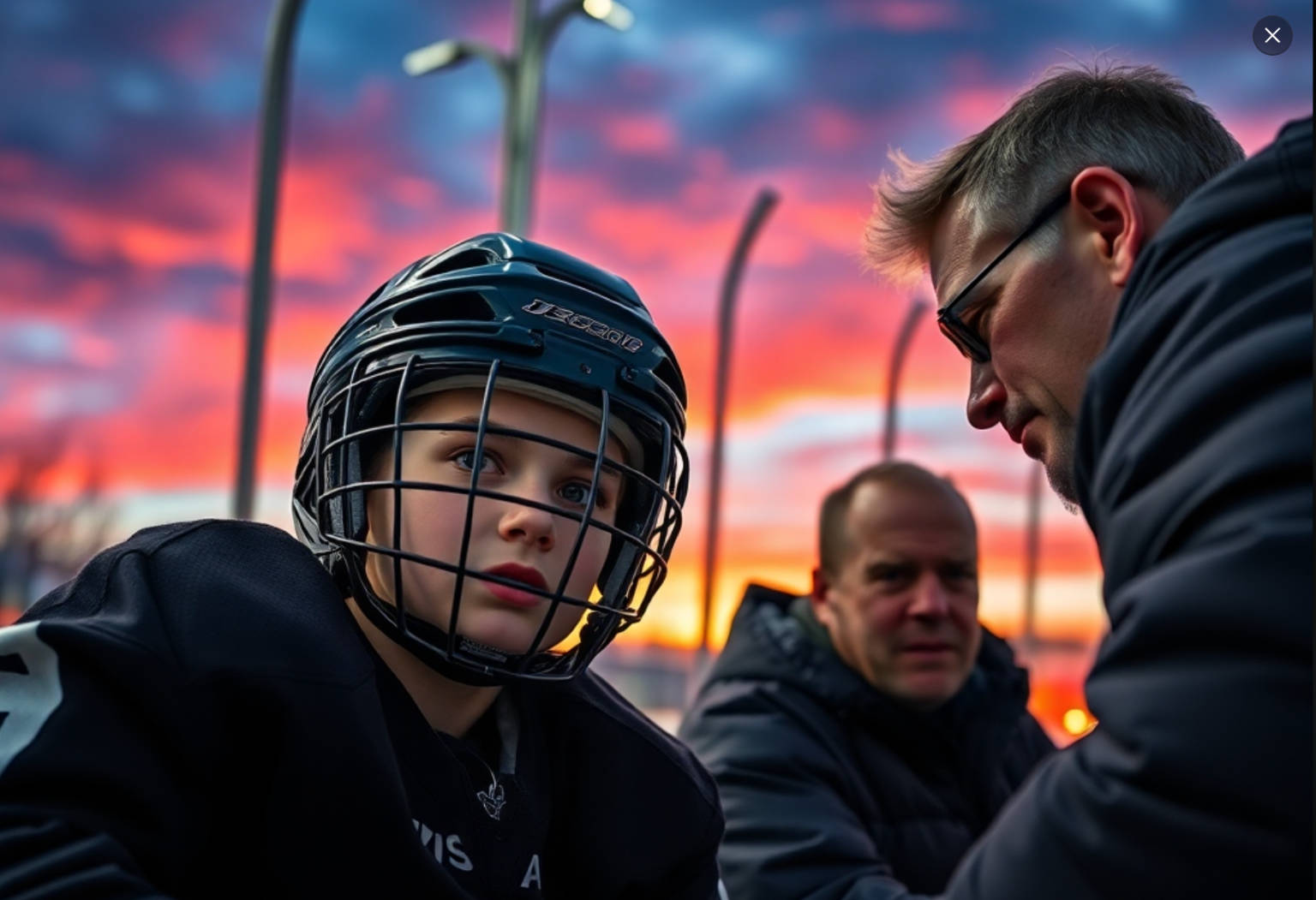Supporting Your Child’s Journey with Respect, Kindness, and Connection
As a COR.E Performance Dynamics Specialist (mental performance coach), I’ve worked with many hockey players and their parents, guiding them through the sport’s challenges while nurturing strong, supportive relationships. Hockey is more than just a game; it’s a journey of growth, resilience, and personal development for both players and their parents. Your words, actions, and mindset can either encourage your child to thrive or add unnecessary stress that impairs their performance and enjoyment.
Don Miguel Ruiz’s book The Four Agreements outlines four guiding principles for having a more fulfilling and connected life. When used in hockey parenting, these agreements may influence the way you can help your child, strengthen relationships, and create an environment in which young players feel secure, respected, and encouraged to work toward their greatest potential.
Let’s look at how The Four Agreements can help you become the greatest hockey parent you can be.
- Be Impeccable with Your Word. Say exactly what you mean. Avoid using words that are critical or diminishing. Instead, utilize them to motivate, inspire, and uplift.
Your words have great power. A single comment—whether in the vehicle, at the rink, or at the dinner table—can either boost or deflate your child’s confidence.
Encourage rather than criticize: Instead of focusing on what they did wrong, highlight what they did right. If feedback is required, keep it constructive. Example: “I like how hard you worked today. What one thing would you like to do better the next time?”
Choose connections over comparisons. Do not compare your child to teammates or other players. Everyone’s hockey journey is unique. Instead, concentrate on their progress, effort, and personal development.
Speak positively of coaches and teammates: Your kid hears what you say about their coaches, teammates, and opponents. If kids hear negativity, they may develop the same critical perspective. Instead, demonstrate respect and admiration.
By being impeccable with your words, you create a secure emotional place in which your child can feel supported and confident about their journey.
- Don’t Take Anything Personally
Avoid taking others’ words and actions personally, as they reflect their own beliefs, emotions, and experiences, not yours.
In the competitive world of hockey, it’s easy to feel personally affected by a coach’s decision, another parent’s the point of view, or even your child’s performance. However, taking things personally might result in unnecessary frustration and conflict.
The coach’s decisions are not about you. Whether your child gets less ice time or is moved to a different line, keep in mind that coaching decisions are based on a variety of variables. Instead of reacting emotionally, encourage your child to ask for feedback on how they can improve.
Other parents’ viewpoints do not define you or your child. Some parents will always have something to say, whether about team selections, playing time, or how a game was coached. Maintain your focus on your child’s experience and avoid allowing external noise to influence your perspective.
Your child’s feelings do not reflect your worth. If your youngster has a difficult game and expresses dissatisfaction, do not view it as an assault on your parenting. Simply listen and support them, enabling them to express their emotions without judgment.
By not taking things personally, you become a consistent, supportive presence in your child’s hockey journey, assisting them in developing resilience and emotional intelligence.
- Don’t make assumptions.
(Ask questions rather than assuming. Communicate clearly to avoid misunderstandings and unnecessary frustration.)
Hockey parents frequently assume they know what’s best for their child without completely comprehending their thoughts and emotions. Assumptions can cause undue pressure, miscommunication, and even anger.
Instead of thinking your youngster wants to get to the NHL, ask them about their goals. Some kids play for fun, some for competition, and some dream of becoming professional hockey players. Make sure their goals, not yours, are driving their journey.
Instead of presuming they played a horrible game due to laziness, ask them how they’re feeling: they could be coping with school stress, exhaustion, or a loss of confidence. Encourage an open communication so that they feel comfortable discussing their difficulties.
Instead of assuming coaches have favorites, find out what your child can do to improve: Rather than focusing on perceived unfairness, direct their attention to what they can control—effort, attitude, and ongoing development.
By replacing assumptions with open and honest communication, you can develop a stronger relationship with your child based on trust, respect, and understanding.
- Always do your best.
Your best will vary from moment to moment. Simply make your best effort in all situations, without self- judgment or remorse.
Just as you encourage your child to perform their best on the ice, strive to be your best as a hockey parent—without expecting perfection. Parenting is a rollercoaster of ups and downs, learning experiences, and opportunities for growth.
Some days, you might be better off listening than giving advise.
Some days, your best bet might be to remain calm when you want to react strongly.
Some days, your best option may be to just remind your child that you enjoy seeing them play, regardless of the scoreboard.
By embracing this agreement, you are modeling self-compassion and resilience for your child. When kids witness you giving your all without harsh self-judgment, they will learn to tackle their own issues in the same way.
Developing Meaningful and Supportive Relationships in Hockey Parenting
Applying The Four Agreements to hockey parenting does not imply perfection; rather, it means being more present, intentional, and connected.
Respect and kindness: Using words of encouragement rather than criticism makes your child feel safe and motivated.
Compassion and understanding: Not taking things personally enables you to be a consistent source of support, even when emotions are high.
Open communication: Avoiding assumptions helps your youngster feel heard and loved.
Leading by Example: Doing your best without self-judgment teaches your child how to face their own issues with a growth mentality.
Hockey is an unpredictable adventure full of wins, defeats, triumphs, and setbacks. Your child does not require a perfect parent; rather, they require a present parent—one that encourages, believes in, and loves them regardless of their performance.
By embracing The Four Agreements, you can foster an environment in which young hockey players and goalies feel empowered to thrive—not only as athletes, but as confident, resilient, and self-assured persons.
So, the next time your youngster gets onto the ice, remind yourself that it’s more than simply hockey. It’s about the relationships that you build along the way.
Need Support on Your Hockey Parenting Journey?
If you’re looking for guidance on how to best support your child’s hockey journey—whether through building confidence, managing emotions, or fostering a stronger parent-child connection—I’m here to help. As a mental performance coach, I’ve worked with many hockey players and their parents to create environments where kids can thrive both on and off the ice.
Feel free to reach out if you have questions or need support. Your child’s success starts with a strong, supportive foundation—and that begins with you.





